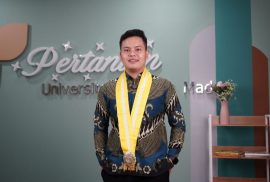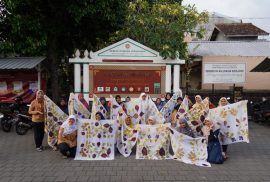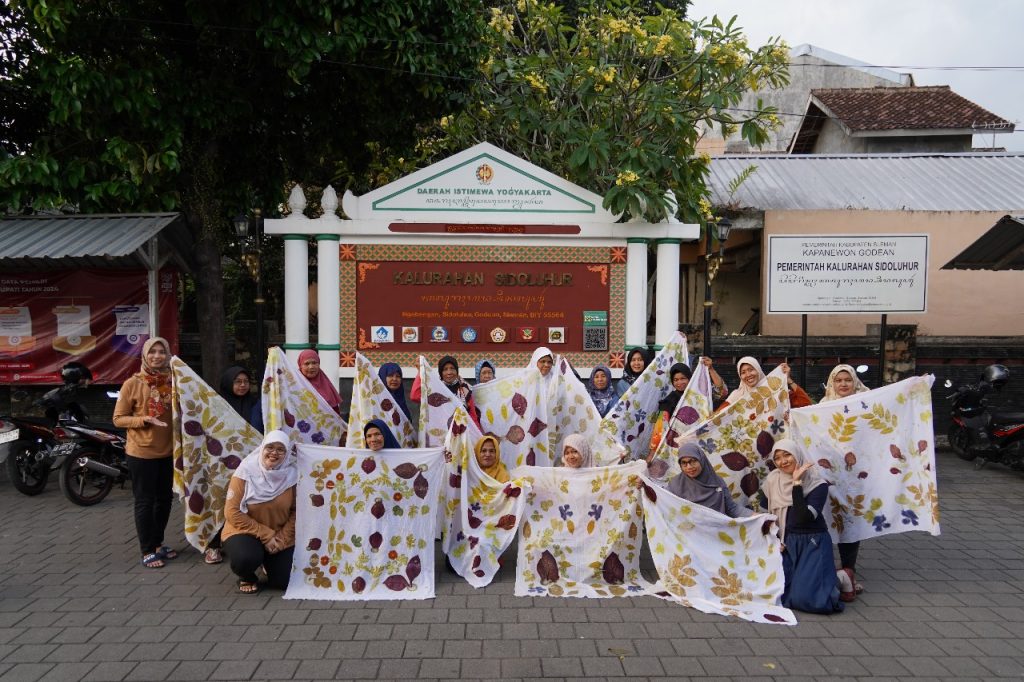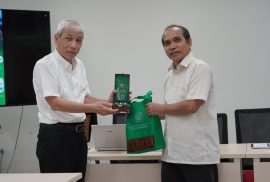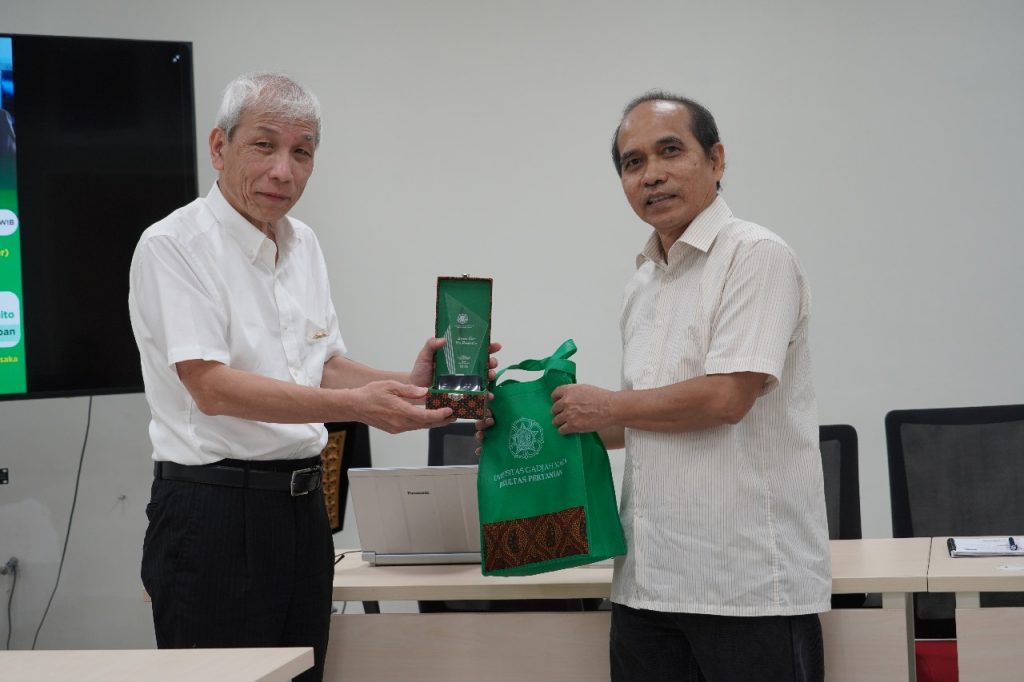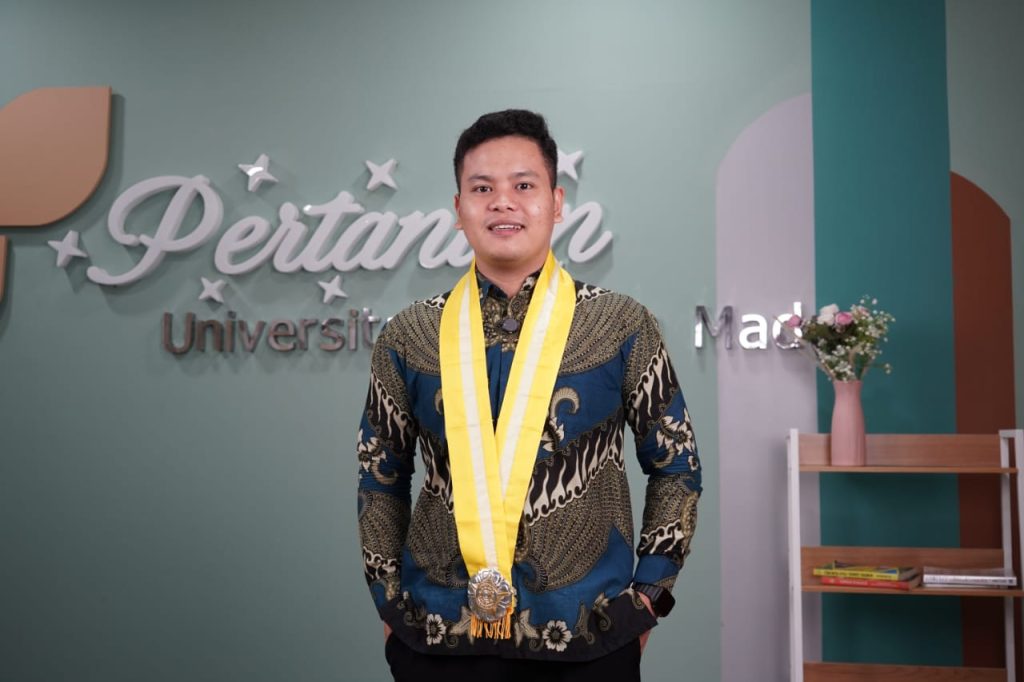
Henra, a student in the Fast-Track Master’s to Doctoral program at Universitas Gadjah Mada (UGM), has successfully completed his master’s degree in an impressive duration, 1 year and 15 days only. This achievement was made possible through his research titled “Antifungal and Antibiofilm Activity of Bacillus velezensis BP1 Against Candida albicans: In Vitro Bioassay, Metabolomics, and In Silico Molecular Docking,” under the supervision of Ir. Jaka Widada, M.P., Ph.D.
Henra completed his master’s studies in the Biotechnology Study Program and is now continuing his doctoral program in the Doctoral Program in Agricultural Sciences, with a specialization in Agricultural Microbiology at the Faculty of Agriculture, UGM (Faperta UGM). He participated in UGM’s Fast-Track program, which allows outstanding students to complete both their master’s and doctoral degrees in just four years. With dedication and hard work, Henra not only finished his master’s degree in record time but also maintained an excellent academic performance, graduating with a GPA of 3.87 out of 4.00.

